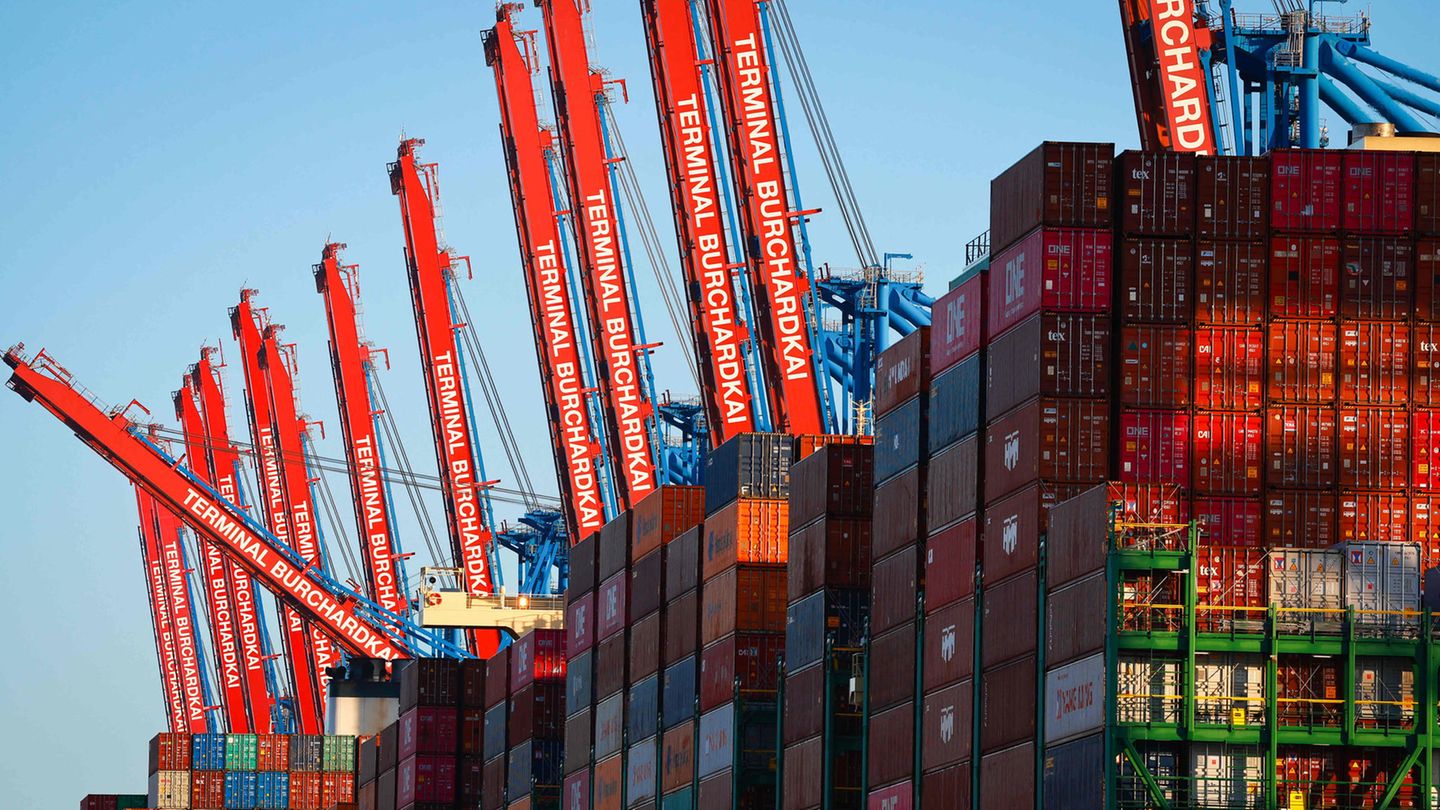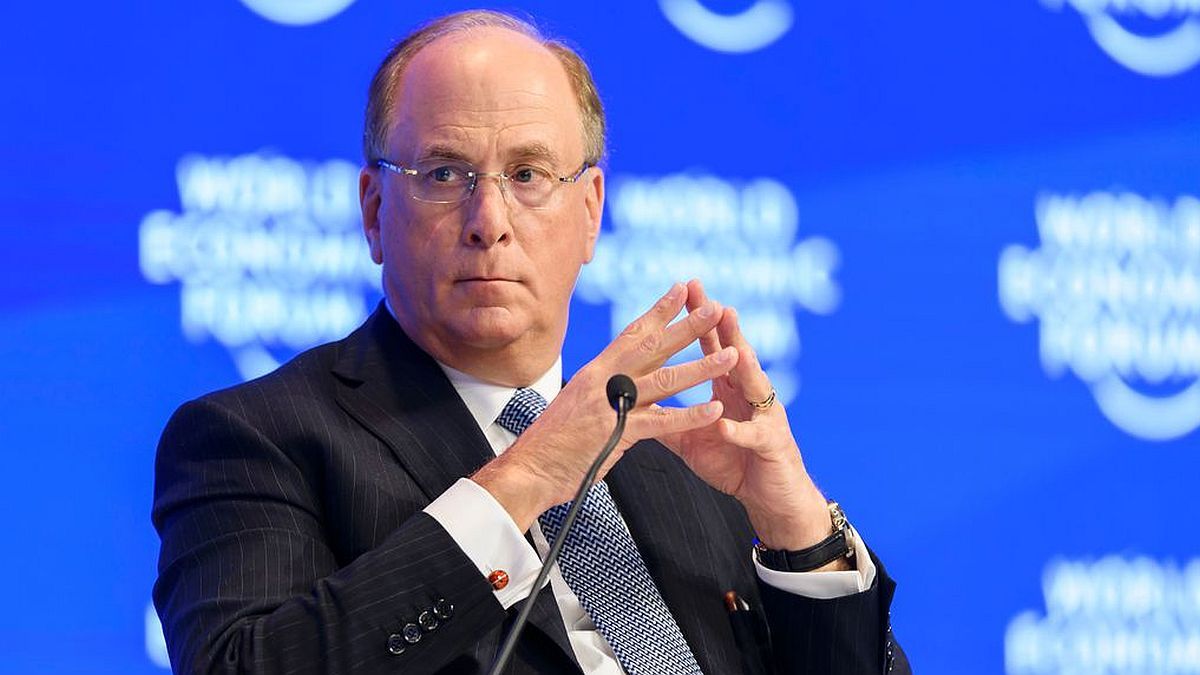Last autumn, Germany’s leading economic institutes were still expecting the economy to grow more strongly – now they have to significantly weaken this forecast. But inflation should also weaken.
Leading economic research institutes have significantly lowered their economic forecasts. On Wednesday in Berlin you spoke of “headwinds” for the German economy from both at home and abroad. “The economy in Germany is ailing.” The institutes only expect mini-growth of 0.1 percent for the current year. In the fall they had assumed that gross domestic product would increase by 1.3 percent in 2024. For the coming year, the institutes are leaving their forecast almost unchanged at plus 1.4 percent.
The “increase in economic output” expected in the fall has not materialized, said Stefan Kooths from the Kiel Institute for the World Economy (IfW Kiel). “There were more headwinds than tailwinds both externally and domestically.”
The German economy is ailing, according to the spring forecast. In 2023, economic output in Europe’s largest economy fell by 0.3 percent. According to institutes, economic performance is currently at a level that is barely higher than before the corona pandemic. “Since then, productivity has stalled.”
Germany: Economic recovery expected in spring
Domestically, Kooths highlighted a continued “greatly increased level of sickness,” which has noticeably reduced productivity. In terms of foreign trade, exports have fallen, although the global economy has developed better. The reason for this is, on the one hand, the weak demand for capital goods and the reduced “price competitiveness” of German companies. There have been relocations of production abroad, particularly for energy-intensive products.
According to the institutes, a tough phase of economic weakness is accompanied by dwindling growth forces. Although the economy is likely to begin to recover from spring onwards, the overall momentum will not be too great. In the current year, private consumption is becoming the most important driving force for the economy, and in the coming year, foreign business will also increase. After all, the researchers only expect inflation to reach 2.3 percent and real wages to rise.
The German Institute for Economic Research in Berlin, the Kiel Institute for the World Economy, the Leibniz Institute for Economic Research in Halle, the Leibniz Institute for Economic Research in Essen and the Ifo Institute in Munich are involved in the so-called joint diagnosis.
Legislation à la traffic lights
The rules are clear. But why make it easy when you can make it difficult?
Economic institutes sharply criticize the traffic light government
The leading economic institutes sharply criticized the traffic light government when presenting their spring report. By focusing on subsidies to encourage companies to settle, the federal government has “taken the wrong path,” said Torsten Schmidt from the RWI Leibniz Institute for Economic Research. In addition, there is currently “noticeably higher” political uncertainty in Germany than in other countries, said Stefan Kooths from IfW Kiel.
“The federal government’s problem is probably that it does not have a consensus on the direction of economic and financial policy,” Kooths continued. It can therefore “hardly signal” what the future direction will look like. “That means you’re playing on sight here.” This was a significant factor why business investment collapsed so sharply in the fourth quarter of last year.
Many misconducts are not “the responsibility of the current federal government”
Schmidt from the RWI criticized the subsidy policy of Federal Economics Minister Robert Habeck (Greens) as an expression of this short-sightedness: It is always just “from one measure to the next”, which affects companies’ planning security. Instead, politicians must “create the framework conditions” and, for example, clarify questions about future energy supplies and ensure that climate goals are achieved.
Oliver Holtemöller from the Leibniz Institute for Economic Research Halle (IWH) also said that he fundamentally agreed with the criticism. However, it is not the case that “everything has gotten worse” with the current federal government. Many of the mistakes that led to the current economic weakness, such as pension and energy policy and the “geostrategic orientation of Germany”, are not “the responsibility of the current federal government”.
Note: The last four paragraphs have been added to this article.
Source: Stern




